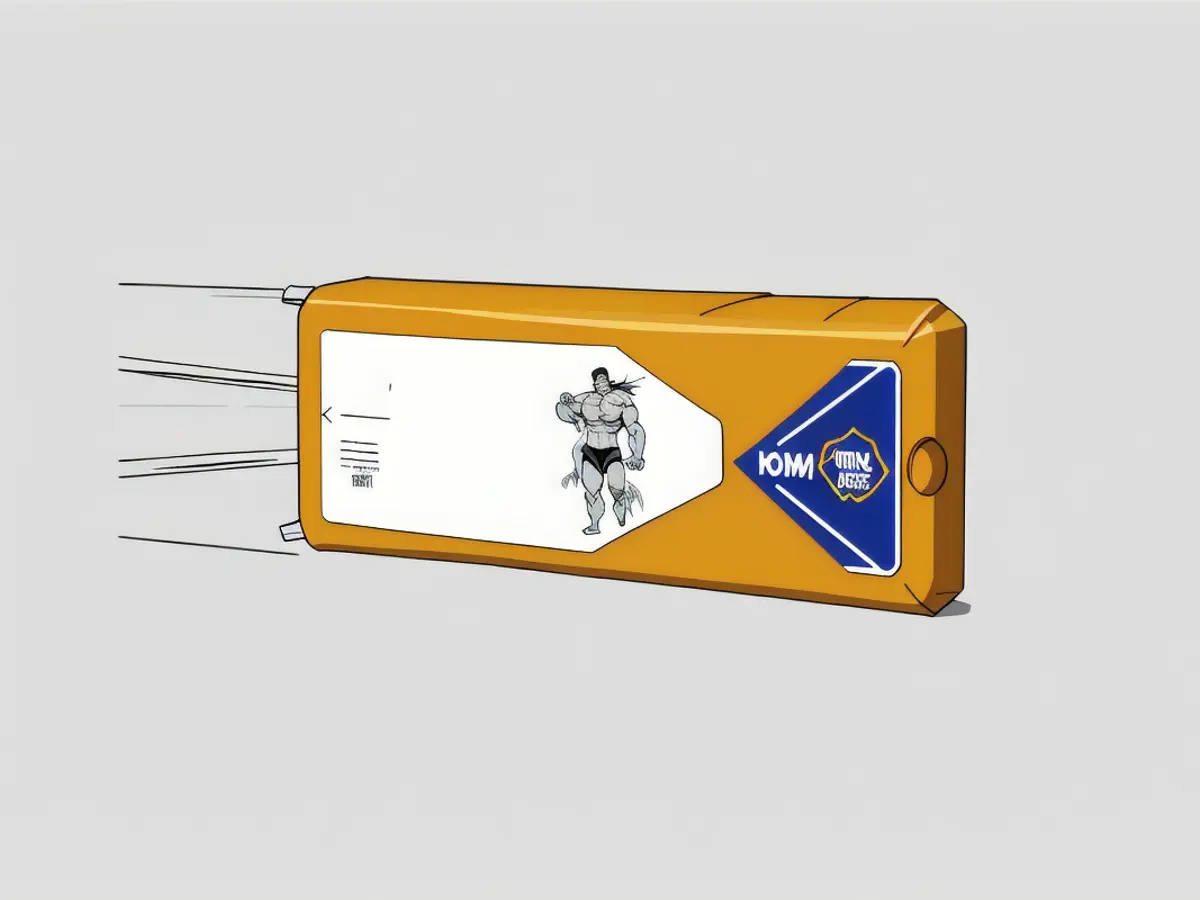Syphilis De-Mystified: The New At-Home Test is Here!
Home Testing Kits Available for Syphilis Detection
Keeping tabs on one's sexual health just got a whole lot easier! The Food and Drug Administration (FDA) has given the green light to NOWDiagnostics' First To Know Syphilis Test, the country's first over-the-counter (OTC) test for syphilis. This announcement comes at an opportune moment as the U.S. grapples with a concerning surge in syphilis cases over the past few years.
Unlike previous home tests, the First To Know Syphilis Test offers an all-in-one solution. It identifies syphilis antibodies in a mere finger prick's worth of blood, with results typically ready in 15 minutes. In comparison to lab tests, the First To Know Syphilis Test correctly identified over 99% of negative results and over 93% of positive ones in a test group of 1,207 people[2].
Speaking about the authorization, Michelle Tarver, acting director of the FDA's Center for Devices and Radiological Health, stated, "Home tests can increase initial screening for syphilis, ultimately leading to increased treatment and reduced transmission."
Understanding Syphilis: The Hidden Threat
Syphilis (pronounced sif'əlĭs), caused by the bacteria Treponema pallidum, can be a disease of stealth. In adults, it initially presents as painless sores or lesions near the infection site, such as the genitals, rectum, or mouth. These sores typically heal on their own in a few weeks, but without treatment, the disease enters a latent phase, only to reappear years later in a tertiary stage that causes severe damage to the body's organs, including the brain[4].
If left untreated during pregnancy, syphilis can lead to serious consequences for the fetus, such as miscarriage, stillbirth, congenital defects, and premature delivery[3].
The Syphilis surge: Whose Reality is it?
In recent years, the U.S. has witnessed a steady climb in syphilis cases despite improvements in other sexually transmitted infections (STIs) like gonorrhea and chlamydia[1]. With over 200,000 reported cases in 2022 alone – the highest since 1950 – syphilis cases are a growing public health concern[1].
The rise in syphilis cases disproportionately affects sexual and gender minorities, racial and ethnic minorities, and individuals struggling with homelessness or substance abuse[1][2]. Moreover, cases of congenital syphilis – syphilis contracted from the mother during pregnancy – have seen a 10-fold increase over the past decade[1][3].
The First To Know Syphilis Test is a promising tool in the battle against this surge, but it's essential to remember its limitations. Since the test detects antibodies, it may identify past infections that have already been treated or ongoing infections. For a definitive diagnosis and treatment, those testing positive should seek further care from a healthcare provider[2].
The First To Know Syphilis Test is slated to hit store shelves in the second half of 2024[2]. Infectious disease experts encourage open conversations about sexual health, regular testing, and timely treatment to combat this resurgence.
- The First To Know Syphilis Test, a recent development in technology, is set to revolutionize health by offering an at-home solution for syphilis testing.
- Science has made strides in terms of health, with the FDA's approval of the First To Know Syphilis Test being a notable milestone, marking a nearly 70-year leap since the 1950s surge in syphilis cases.
- As concerns about the future rise due to a surge in syphilis cases in recent years, particularly among sexual and gender minorities, racial and ethnic minorities, and those struggling with homelessness or substance abuse, the introduction of the First To Know Syphilis Test could significantly aid in reducing transmission.
- While the First To Know Syphilis Test offers a promising step towards easier and more accessible testing, it's crucial to remember that it detects antibodies, and for a definitive diagnosis, those testing positive should seek follow-up care from a healthcare provider, and this may include further testing and treatment provided by science.








